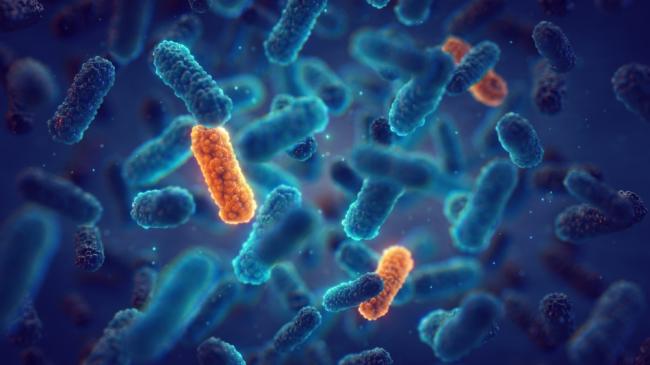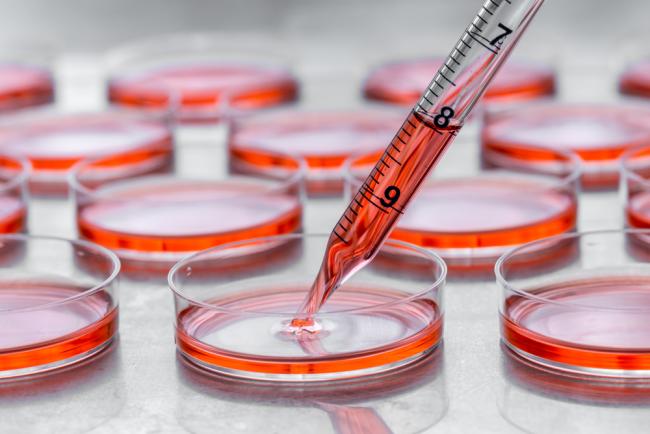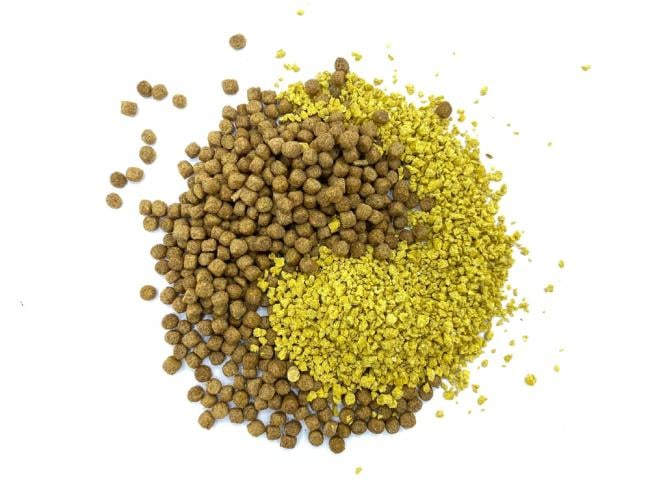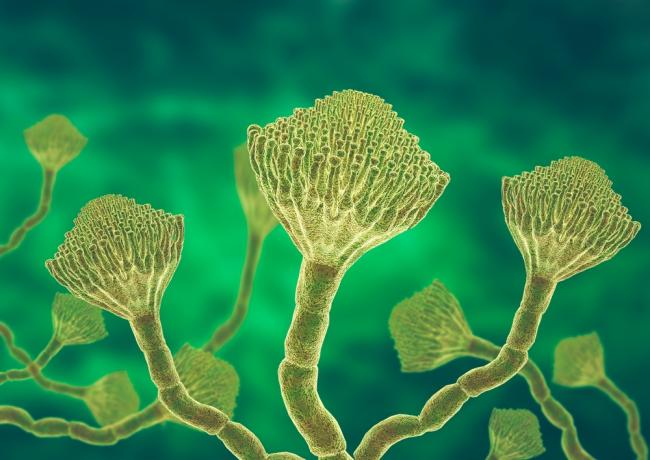Aflatoxins are a category of mycotoxins – a naturally occurring toxic secondary metabolite – universally generated by certain molds, predominantly the aspergillus species (aspergillus flavus and aspergillus parasiticus). More than 18 different types of aflatoxins have been reported to date and among them aflatoxins B1, B2, G1, and G2 are the most prevalent and lethal.
This group of toxins was discovered 30 years ago in England during a poisonous outbreak that killed more than 100,000 turkeys. The word “aflatoxins” originated from the name of one of the fungi producing it, aspergillus flavus. Aflatoxins contaminate about 25 percent of food crops worldwide and therefore pose serious health risks to both humans and animals. The main aflatoxigenic fungi, A. flavus, A. parasiticus, and A. nomius are mainly found in soils and decaying vegetation. They occur in warmer climates, such as tropical regions, which typically have high temperatures, moisture and humidity. These fungi survive in temperature ranges from 12ᵒC to 48ᵒC.
Aflatoxicosis is the poisoning associated with extensive consumption of the aspergillus species, mainly A. flavus, in the form of spores or contaminated food that can cause chronic or acute aflatoxicosis in humans and animals. Chronic aflatoxicosis includes liver cancer, human hepatic cell carcinoma, stunted growth, reduced immunity, and cirrhosis in malnourished children; acute aflatoxicosis includes high fever, vomiting, ascites, liver failure, edema of feet, and jaundice with a high mortality rate compared to chronic aflatoxicosis.
Early detection of fungal infection plays a key role in the control of aflatoxin contamination. Therefore, different methods, including culture, chromatographic techniques, and molecular assays, are used to determine aflatoxin contamination in crops and food products.
Fermentek's Aflatoxin Products
Fermentek's expertise enables the bulk production of various types of pure aflatoxins, including their metabolites, for research and analytical purposes. The company focuses mainly on the production of eight different aflatoxins: Aflatoxin B1, Aflatoxin B2, Aflatoxin G1, Aflatoxin G2, Aflatoxin M1, Aflatoxin M2, Aflatoxin Q1 and Aflatoxicol (a reduced form of aflatoxin B1). These toxins are produced as a pure solution (standard solution) or as a solid crystalline substance.
Related products: Standard solution of Aflatoxin B1, Standard solution of Aflatoxin B2, Standard solution of Aflatoxin G1, Standard solution of Aflatoxin G2, Standard solution of Aflatoxin M1, Standard solution of Aflatoxin M2,





